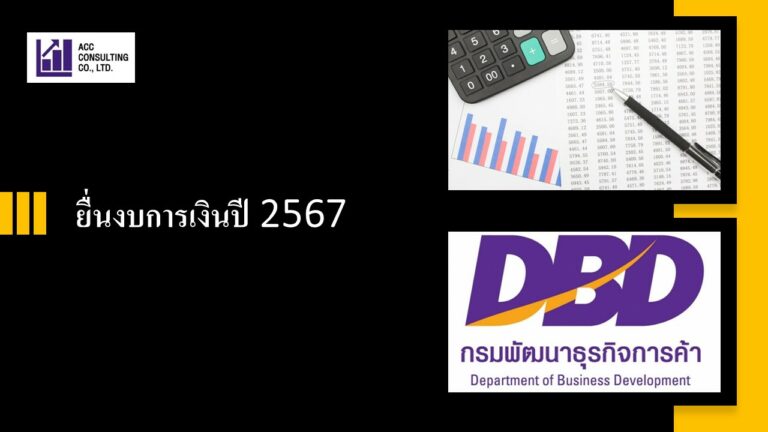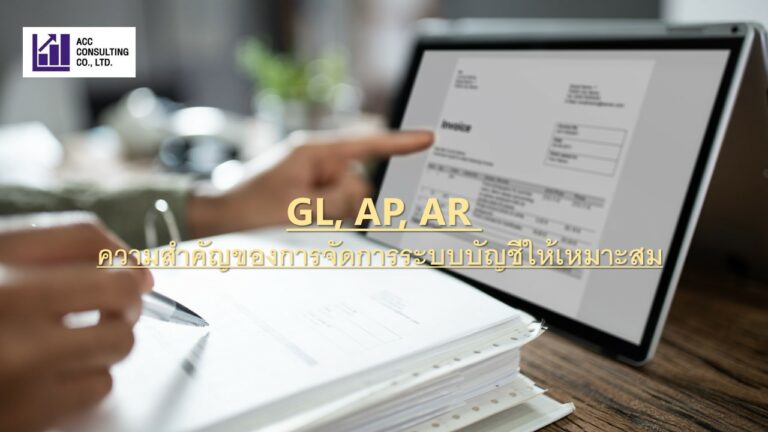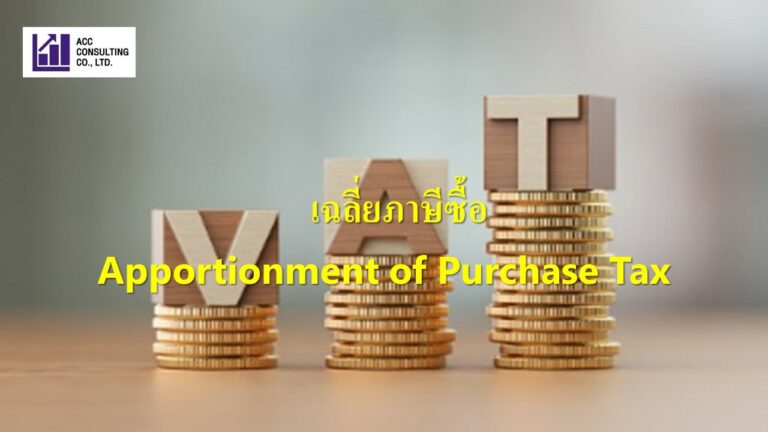What is an accounting audit ?
An accounting audit is a systematic examination and evaluation of a company’s financial records, transactions, processes, and internal controls conducted by a qualified and independent auditor or auditing firm. Its primary objective is to ensure the accuracy, fairness, and reliability of financial information presented in the company’s financial statements.
Key aspects of an accounting audit include:
- Financial Statement Verification: Auditors review financial statements (like balance sheets, income statements, and cash flow statements) to confirm they accurately reflect the financial position and performance of the company.
- Compliance Assessment: Audits verify whether the company complies with accounting standards, laws, regulations, and internal policies governing financial reporting.
- Internal Control Evaluation: Auditors assess the effectiveness of internal controls in place to safeguard assets, prevent fraud, and ensure accurate financial reporting.
- Risk Identification and Mitigation: Auditors identify potential risks, both financial and operational, and suggest measures to mitigate these risks.
- Detecting Errors and Fraud: The audit process involves scrutinizing financial records and transactions to identify errors, irregularities, or potential instances of fraud.
- Reporting: Upon completion, auditors provide an audit report detailing their findings, including any areas of concern, recommendations for improvements, and an overall opinion on the fairness of the financial statements.
An accounting audit is crucial for maintaining the credibility of financial information, providing assurance to stakeholders, such as investors, lenders, and regulatory bodies, and supporting informed decision-making by management based on reliable financial data.
Auditor
An auditor, whether an individual or an agency, is responsible for auditing accounts and reporting the audit findings to relevant parties, such as companies, customers, or government agencies. Their primary objective is to ensure that the financial information within a business’s accounts is accurate, complete, and reliable, aligning with accounting principles and relevant laws. The auditor’s duties encompass:
Auditing: Reviewing a business’s accounts to ensure the accuracy of financial information, which involves checking account statements, financial reports, and other related documents.
Risk Assessment: Identifying and evaluating potential financial risks within the business and implementing suitable risk controls.
Reporting Audit Results: Communicating audit findings to pertinent parties, including managing directors, investors, or government agencies. The report includes feedback on account accuracy and suggestions to enhance processes.
Process Improvement: Offering recommendations for enhancing financial processes within a business to bolster efficiency and reduce financial risks.
Specialized Controls: Sometimes, auditors need to review specific financial practices to ensure compliance with particular laws or regulations, such as guarding against fraudulent activities or adhering to specific reporting standards.
Auditor's inspection process
The auditor’s inspection process involves multiple steps aimed at verifying the accuracy and reliability of a business’s financial information. While these steps may vary based on the audit’s significance and nature, they generally share common characteristics. Here are the main steps in the auditor’s process:
Planning: Initially, the audit is planned, specifying its scope, objectives, and work items for review.
Understanding the Business: The auditor comprehensively studies the business, its organizational structure, business processes, and financial risks.
Risk Analysis: Identifying and assessing potential financial risks, prioritizing inspections in high-risk areas.
Data Collection: Gathering financial data and related documents, involving inquiries and interviews with relevant personnel.
Accounting Audit: Reviewing accounting transactions from the relevant period, verifying records, checking account balances, and examining ambiguous items.
Assessing Ambiguity: Checking for inconsistencies between information in different accounts and between accounts and related documents.
Verifying Compliance with Laws and Regulations: Ensuring that the business’s financial practices adhere to applicable laws and regulations.
Audit Reporting: Presenting audit results to stakeholders, including comments on account accuracy, recommendations, and conclusions.
Final Audit: In specific cases, a final audit or a specialized financial audit may be required as conceived by the auditor.
Summary and Final Report: Concluding the audit, the auditor prepares a comprehensive report for stakeholders, highlighting crucial comments and suggesting improvements or corrections.
Why choose to use our audit firm's services?
Our audit firm, comprising ACC Consulting Company Limited and MRT Advisory Company Limited, has consistently delivered high-quality services since 2017. This commitment has garnered us a substantial client base, drawn to our renowned expertise and advice from licensed professionals (CPAs) adhering strictly to professional standards.
The primary objective of our audit firm is to provide swift, accurate, and precise responses aligned with professional council standards, aiming to leave a lasting impression on our clients. By upholding the principle of accuracy, we empower customers to make informed business decisions, thereby fostering sustainable growth.
Reasons to choose our Audit Firm service:
Fast and accurate response to customer inquiries.
Commitment to honesty and fairness.
IT & Software services.
Direct service, minimizing unnecessary expenses.
Service available from 9:00 AM to 6:00 PM.
Consistent delivery meeting high standards.
Free advice for our valued customers!
Convenient access: Our Audit Firm is accessible via BTS, MRT, or car and offers parking facilities.
Location: Google Maps link





